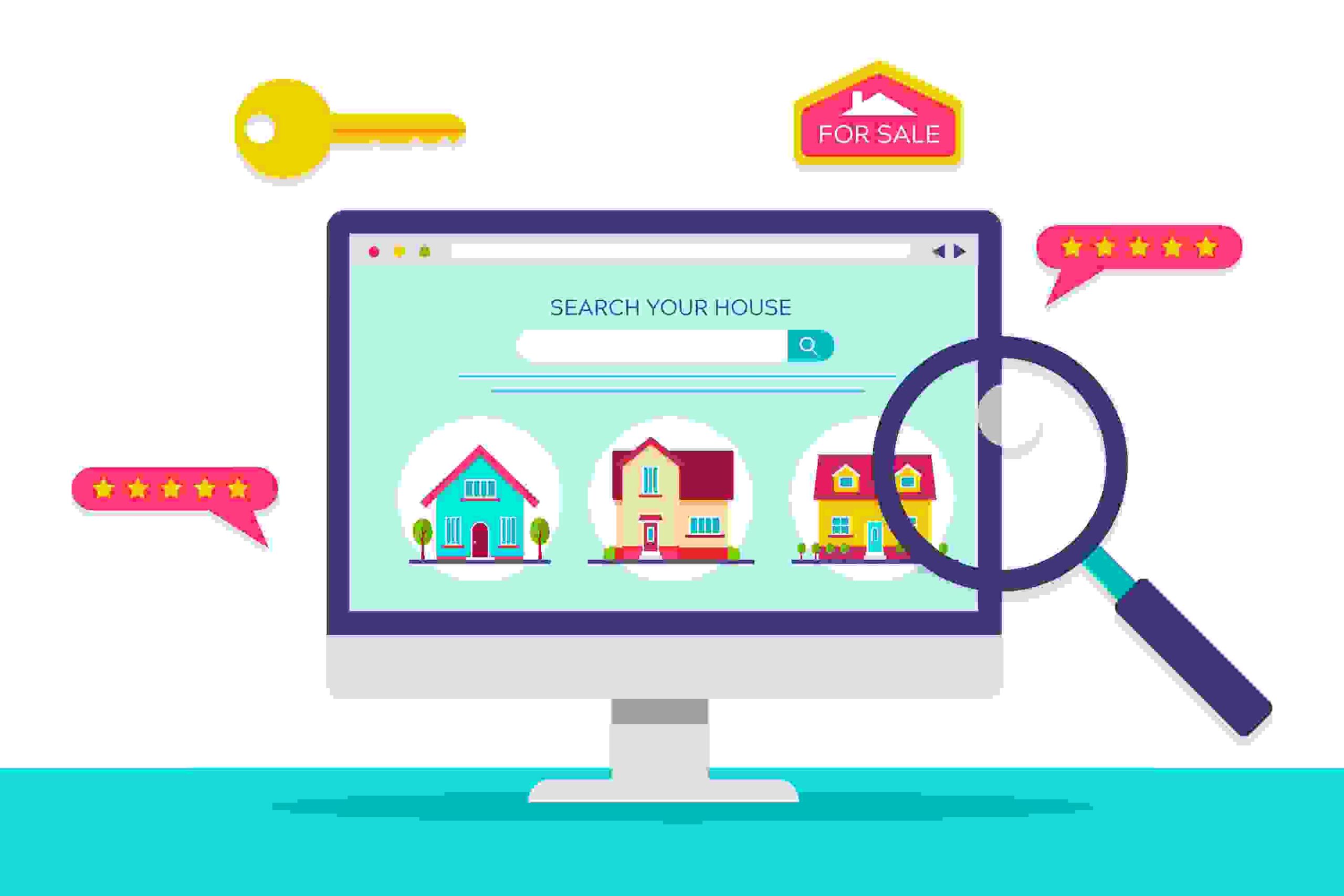


Digital marketing has transformed real estate, enabling faster home sales through tools like SEO, virtual tours, social media, and data analytics.
The real estate industry has experienced a significant transformation in recent years due to the rise of digital technology. Traditional methods of selling homes, such as yard signs, newspaper ads, and word-of-mouth referrals, have been replaced by modern digital marketing strategies that are faster, more precise, and often more cost-effective. In today’s competitive market, combining real estate expertise with powerful digital tools is no longer optional; it’s essential.
This article explores how real estate professionals can harness digital marketing strategies to accelerate home sales, attract more qualified buyers, and deliver a superior client experience.
1. The Digital Shift in Real Estate
Digital tools have become the first step for more than 90% of those searching for a home. From viewing property listings to taking virtual tours, the homebuying journey has become increasingly digital. To adapt to this transformation, agents, brokers, and developers must actively connect with buyers via key online platforms like websites, social media, and search engines.
The days of relying solely on a basic MLS listing are over. Today’s top-performing agents use a strategic mix of digital touchpoints to engage and guide buyers through every stage of the sales process.
2. High-Quality Photography and Videography
The first impression buyers get of a property is almost always through visuals. Low-quality images can dissuade buyers instantly, while high-resolution, well-lit photos can elevate a listing.
Properties marketed using professional photos and videos enjoy increased visibility and quicker sales than those relying on amateur visuals.
3. Virtual Tours and 3D Rendering
Virtual tours enable potential buyers to explore a property remotely, saving time for both the buyer and the agent. Tools like Matterport and 3D rendering software provide an immersive experience that closely replicates walking through the home in person.
These tools are particularly valuable for out-of-town buyers or those who prefer to explore properties from the comfort of home. Some agents also incorporate augmented reality (AR) features, allowing clients to visualize how a space would look with different furniture or interior designs.
4. Search Engine Optimization (SEO)
Even the most impressive website or listing won’t make an impact if no one can find it. This is the point where SEO makes all the difference. SEO helps ensure that your property listings and website rank prominently on search engines like Google and Bing when potential buyers search for homes in your area.
A strong SEO strategy drives organic traffic and keeps leads coming in consistently.
5. Social Media Marketing
Social media has evolved into a powerful marketing tool for real estate professionals. Platforms like Facebook, Instagram, YouTube Shorts, and LinkedIn offer direct access to thousands of potential local buyers.
Consistency is key. Posting regularly and interacting with followers helps build trust, boost visibility, and keep your brand top of mind.
Final Thoughts: The Future is Hybrid
Digital marketing is revolutionizing the real estate industry, yet personal connection remains just as important. The most successful agents combine traditional relationship-building with innovative technology to stay ahead.
Real estate professionals who partner with experts like BestInfoTechSolution digital marketing agency not only sell homes faster but also build stronger brands, reach wider audiences, and future-proof their businesses.
Whether you’re an agent, broker, or developer, integrating digital tools into your marketing strategy is no longer optional. With the guidance of a trusted agency like BestInfoTechSolution, embracing this hybrid approach has become the new standard for success in today’s fast-paced, technology-driven market.
